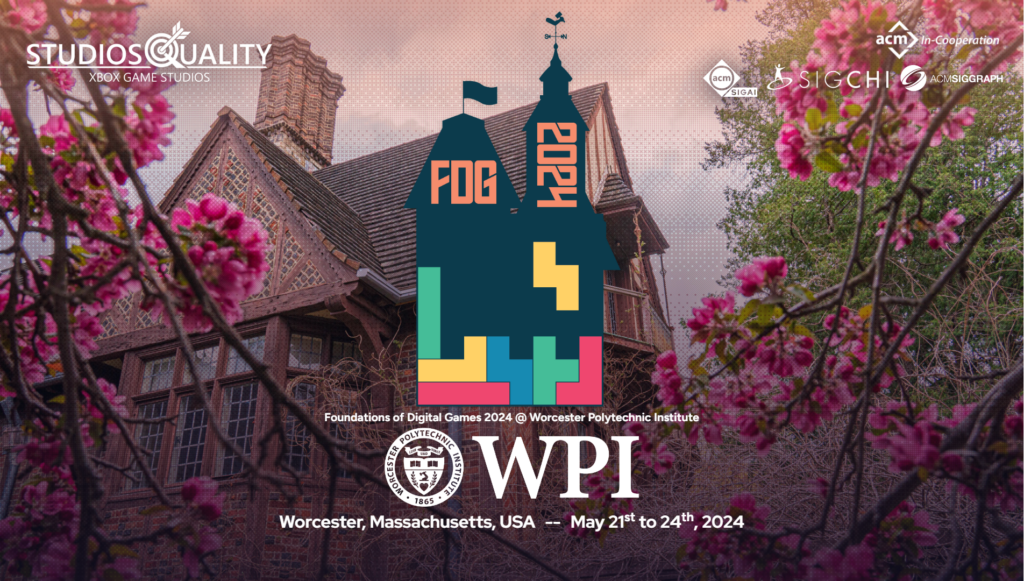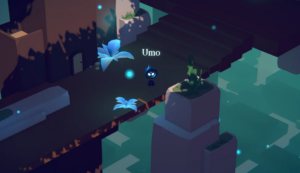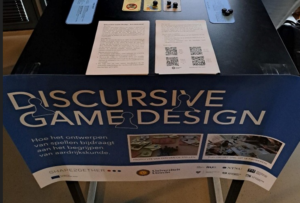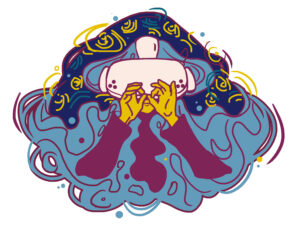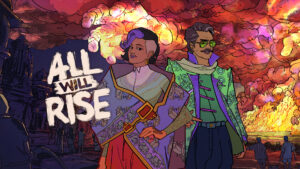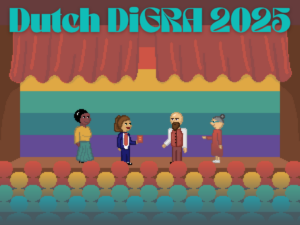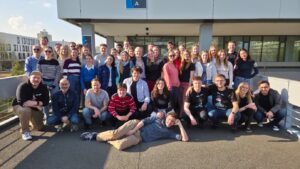Playing the Hidden Curriculum
Playing the Hidden Curriculum: Exposing, materializing and questioning the unwritten rules of higher education is a research project that aims to adress the unwritten social and cultural rules in education, so that the UU will foster its education in a more social and inclusive way.


